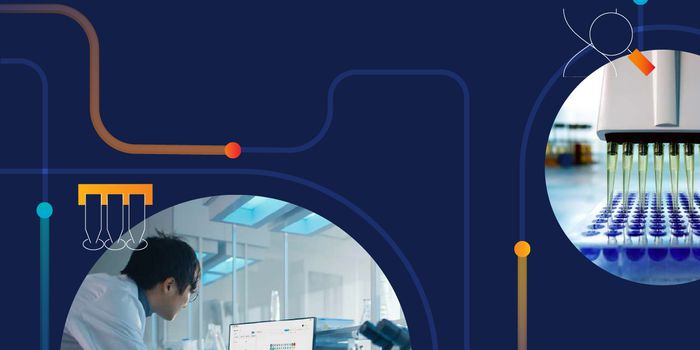App Uses Someone's Voice to Detect Parkinson's or Severe COVID-19
Diagnosing health conditions can be particularly challenging. Oftentimes, diagnosis requires several different data points to make a conclusive diagnosis. And in many cases, an early diagnosis can make a big difference when it comes to outcomes, survival, and effective treatment. However, early detection can, at times, be challenging.
Conditions like Parkinson’s and COVID-19, for example, are important to diagnose early. For both, detection early can allow for early interventions. For COVID-19, tests are routine and common nowadays, but they do not say anything about whether a person may require hospitalization for severe disease. Pulmonary disease in general is hard to notice early in a disease course. For Parksinson’s, early intervention is important because certain medications used to treat Parkinson’s are more effective earlier in a person’s disease course. However, detecting Parkinson’s currently requires an evaluation by a health professional, which can be expensive and time consuming.
But why focus on these two conditions, in particular?
A team of researchers at RMIT University in Melbourne, Australia have developed an app that can detect either of these conditions just by listening to a sample of a person’s voice. The app is described in a recent paper published in IEEE Journal of Translational Engineering in Health and Medicine.
The app itself is designed using artificial intelligence to detect COVID-19 or Parkinson’s from a ten second clip of a person’s voice. The app can determine if someone should see a specialist or seek emergent care for their health (such as COVID-19). This new approach is less expensive and easy-to-use. For infectious conditions like COVID, the app also minimizes unnecessary contact points between infected individuals and health care professionals. It could also be integrated into patient monitoring programs.
The artificial intelligence working behind the scenes is specifically designed to look for changes in a person’s voice. Parkinson’s, for example, can cause tremors or a certain slowness in how a person speaks. The app can detect these changes, learning to detect differences using records of healthy people and people with Parkinson’s.
As for COVID? Certain lung infections can cause a change in a person’s voice, which the app can also detect.
Sources: Science Daily; Parkinson’s Disease; IEEE; IEEE Access; Computers in Biology and Medicine








